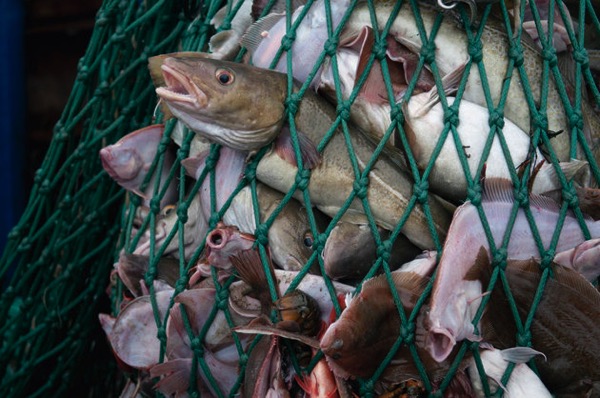The Planet's Fisheries Are In Even Worse Shape Than We Thought
The world's oceans have been overfished far more than reported, according to a new study.
The report, published in the journal Nature Communications, reanalyzed worldwide catch data and compared it to information that the Food and Agriculture Organization of the United Nations uses. Researchers found that from 1950 to 2010, up to 30 percent more fish -- more than 35 billion tons a year -- were caught than reported to the agency.
Much of this unreported seafood stems from small-scale fisherman, illegal operations and millions of tons of bycatch, or fish accidentally caught and then discarded.
In the same time period, global catch rates have fallen nearly three times faster than estimated as the industry struggles to find healthy populations to fish.
A long history of commercial enterprises jumping from fishery to fishery has decimated global populations. While some countries like the United States, Australia and parts of Europe have quota systems in place when numbers grow dire, many other nations offer no such protection.
Throughout most of the world there is effectively no management. Aside from fisheries in Antarctica, which remains one of the last bastions of ocean, most have been grossly mismanaged. Around 9 percent of all fish caught -- equating to billions of tons -- are thrown out, the unintended victims of bycatch from mass fishing enterprises like shrimp trawlers.
Last year, a World Wildlife Fund study found many of the planet's fish populations were on the "brink of collapse," pointing to stocks of tuna and other fish that have declined by more than half since just 1970.

No comments:
Post a Comment